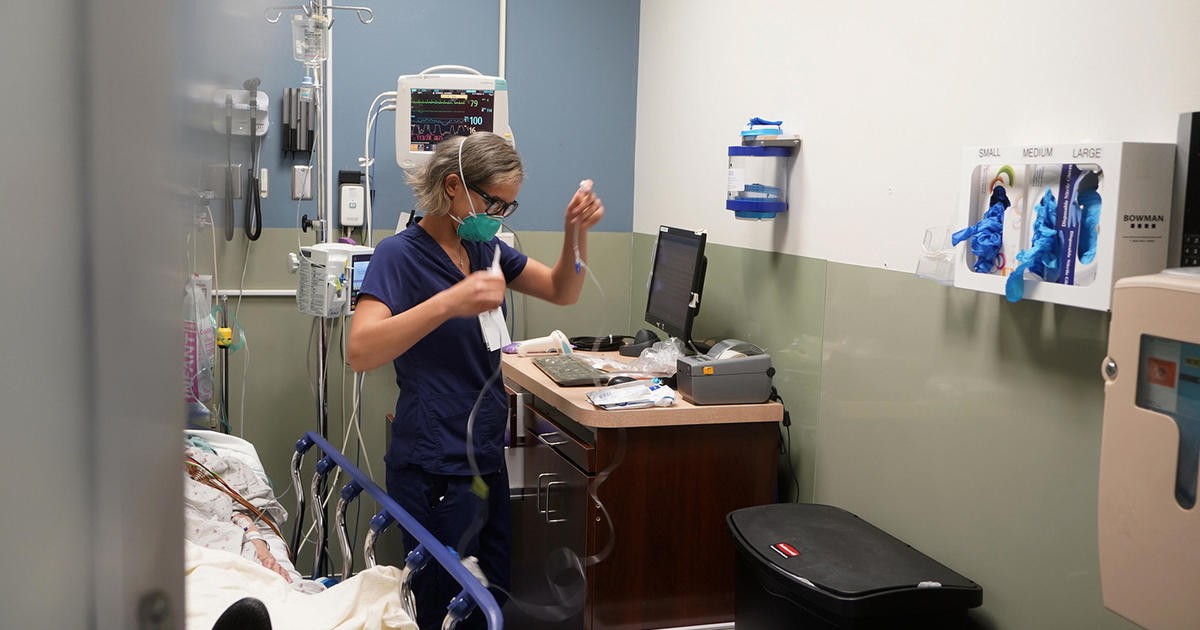Researchers Find Link Between Pesticides And Autism, Developmental Delay
Local scientists have uncovered a possible connection between women who live near places that use pesticides and autism.
Researchers say a pregnant woman's chances of having a child with autism spectrum disorder or other developmental delay is increased by two-thirds if she lives in close proximity to fields and farms that use chemical pesticides, according to the study conducted by the MIND Institute that was recently published in Environmental Health Perspectives.
The discovery is the result of a wide-ranging study conducted in California that looked at the connection between specific classes of pesticides applied during the study participants' pregnancies and later diagnoses of autism and developmental delay in their children.
The study's author says the findings underscore the serious health risks posed to pregnant mothers who live and work near pesticides.
"This study validates the results of earlier research that has reported associations between having a child with autism and prenatal exposure to agricultural chemicals in California," said lead study author Janie F. Shelton, a UC Davis graduate student who now consults with the United Nations. "While we still must investigate whether certain sub-groups are more vulnerable to exposures to these compounds than others, the message is very clear: Women who are pregnant should take special care to avoid contact with agricultural chemicals whenever possible."
The associations were found to be stronger during the second and third trimesters of pregnancy.
For the full text of the study, click here.



